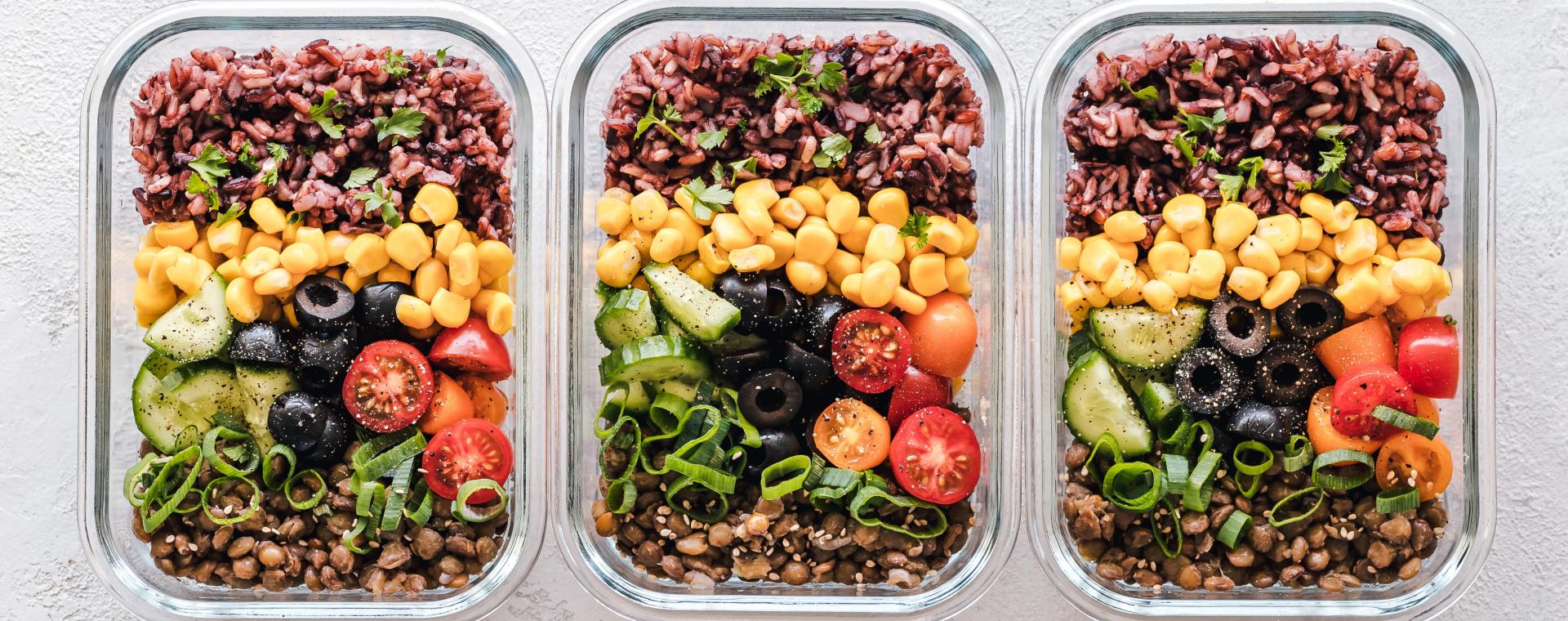As more of us start to head back into the office once again, it can be easy to fall back into old habits. Our recent Ex(change)rs Programme speaker Anna Richards has been taking a look at how we can all make our work days more sustainable and help us to adopt a more plastic-free lifestyle.
How to have a plastic-free work day
Over the past year and a half, many of us have transitioned away from a typical working week in the office, but in doing so, have we adopted greener practices that we can implement as we return?
To recognise how much waste I’m generating, I like to imagine that I don’t have a bin. What would you usually throw away on an average work day, or work week? Can you avoid it? To get you started, here are four simple ways to have a more environmentally friendly, plastic-free work day.
Stationery and office supplies
Go paperless
Consider going paperless where possible. Not only will you save on waste, it’s more secure than leaving potentially confidential information lying round. By using documents that save automatically, you’ll also eliminate the risk that all-important documentation gets accidentally swept up into the shredder or recycling.
Prolong physical stationery
When using physical stationery, consider how you can prolong the shelf life. If using ballpoint pens, store them tip down. This keeps the ink at the bottom and stops them from drying out too quickly. When bundling paper, use paper clips rather than staples, as paper clips can be reused. Invest in recycled paper notebooks rather than plastic ring binders.
Use Recycle bins
Make sure that recycling bins in your office are clearly labelled. The easier it is, the more people are likely to use them!
Food at work - lower you environmental impact
I’m a great advocate of pre-preparing lunches, which saves money and tends to have a lower environmental impact. Double up on portions when you cook dinner, or bulk-cook at the weekend, and decant lunches into Tupperwares to take to work with you. Something cheap, nutritious and filling like a dal is my go-to. Convenience food such as pre-packed sandwiches come with a lot of disposable, single-use packaging, and at a couple of pounds a pop, the cost quickly mounts up if you’re buying lunch out every day.
If you don’t have time or inclination to cook, why not bulk-buy your lunches for the week to store in the fridge at work, rather than buying individual items each day? Buying a loaf of bread plus fillings on a Monday is much cheaper than buying a sandwich each day, comes with less packaging, and frees up valuable time on your lunch break to do something that you enjoy rather than queuing in a café.
Encourage leaving a few communal, reusable canvas carrier bags in the office for food shopping on lunch breaks.
Use a reusable drinks cup at work
Coffee is my weakness, and although I’ll save on lunch, I’ll regularly buy a coffee out during the week. Take a reusable coffee cup with you to work, many cafés offer a discount of up to 10% for bringing your own cup. A reusable drinks bottle to fill with tap water is a must.
Save energy in the office
Don’t leave the office without switching off your PC (unplug it from the wall too if you can). Ensure that your computer is in power-saving mode throughout the day, so you won’t be using unnecessary energy if your coffee break goes on longer than planned.
Do you need to keep the lights on all day? If you’re working from a well-lit office on a sunny day, probably not. If you’re the last person to leave the office, make sure the lights are switched off before you go.
